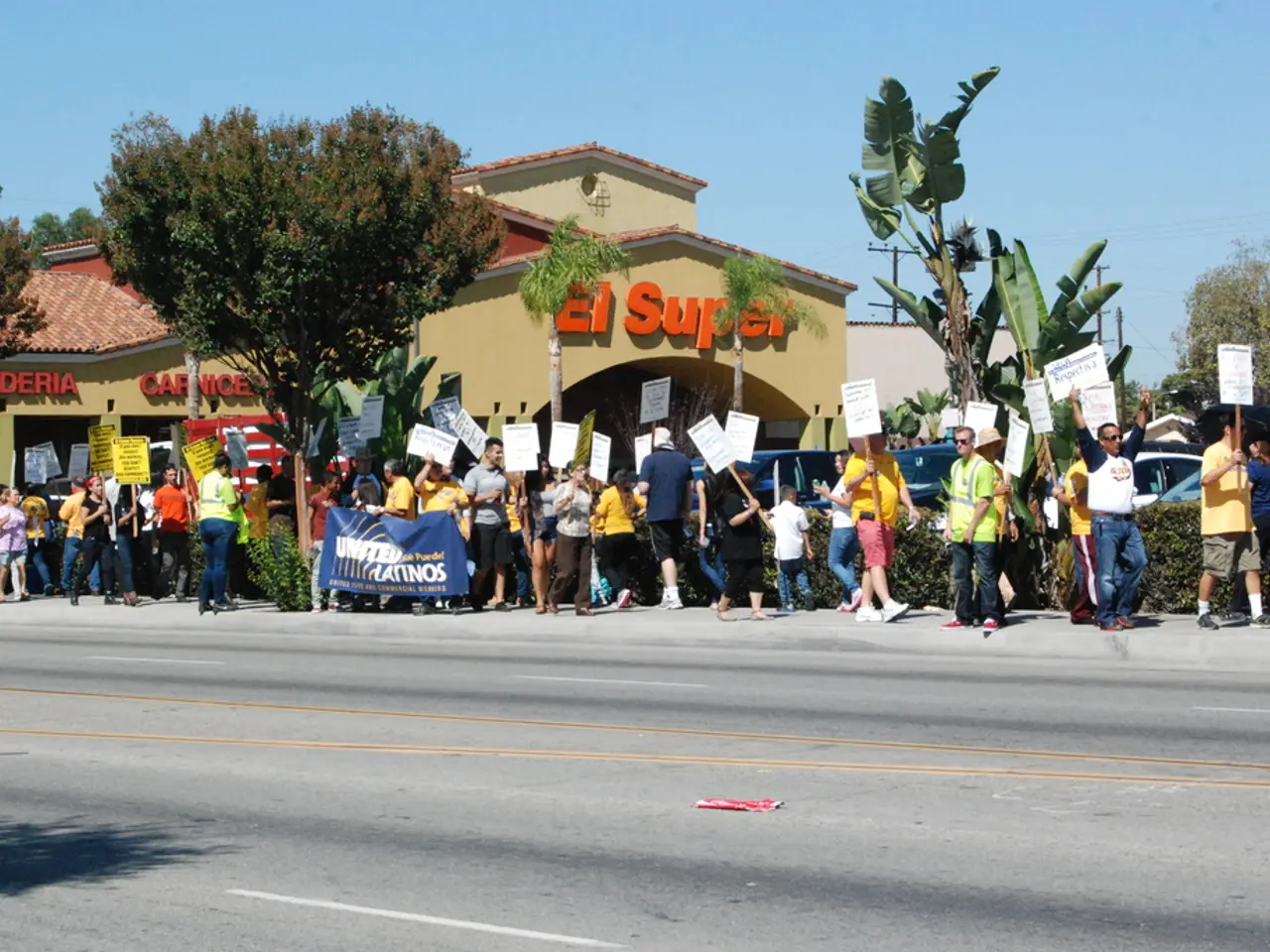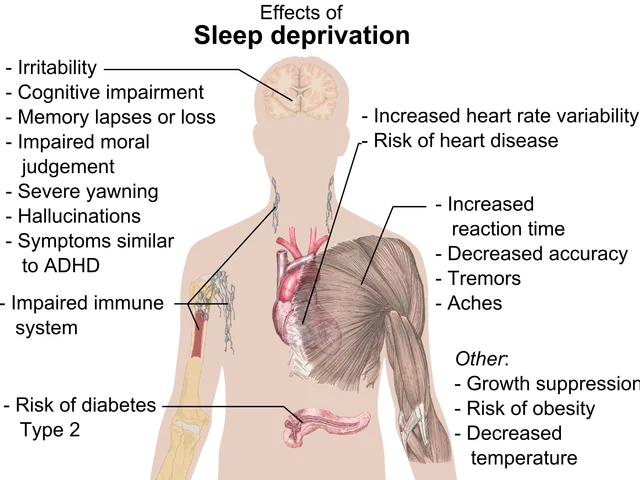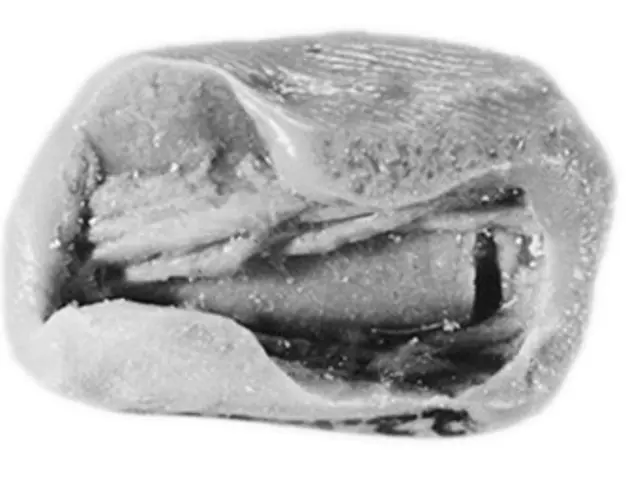Church attendance significantly enhanced economic stability following Hurricane Katrina, according to new research.
In a groundbreaking study, the Leibniz Institute for Economic Research Halle (IWH) has found that high church membership significantly aided business recovery after the devastating Hurricane Katrina disaster in 2005. The comprehensive study, reported on Tuesday, focuses on the economic recovery of businesses in areas affected by the catastrophe.
The research reveals that counties with higher proportions of Christian church members experienced notably stronger rebounds in business productivity during the years following the disaster (2005–2010). A 10-percentage-point increase in church membership relative to the regional average was associated with halving the negative economic effects of the hurricane on local businesses.
Several key factors explain this positive correlation. Social cohesion and community support were critical, with churches acting as hubs where people gathered, shared resources, and reinforced a sense of belonging and hope, essential for resilience after trauma.
Strong church affiliation also encouraged residents to remain in their hometowns post-disaster, preserving a vital labor and skill pool necessary for economic recovery. Moreover, individuals with strong religious backgrounds demonstrated higher entrepreneurial tendencies, thriftiness, and cooperation, particularly among Protestant communities compared to Catholic ones.
Believers showed an above-average level of trust in institutions and attachment to their regions, helping mobilize recovery efforts effectively. The researchers accounted for other factors such as political connections or aid distribution, concluding that the religious affiliation itself had a direct and significant impact on economic recovery, rather than being a spurious correlation.
The study highlights the significance of cultural factors for economic resilience. It does not provide new information about the initial decline in productivity in the affected areas after the Hurricane Katrina catastrophe or the benefits of strong social networks in churches, such as practical help and homeland support for reconstruction.
The study also indicates that businesses in regions with many Christians recovered better between 2005 and 2010 compared to areas with low church attendance. These effects are more pronounced among Protestants than Catholics, according to the IWH study.
Felix Noth from the IWH stated that social cohesion helps overcome major challenges, especially in times of crisis. The study by the IWH emphasizes the significance of faith communities in disaster economics, suggesting that they provide a framework of social capital and communal resilience that accelerates business recovery and productivity in the aftermath of natural disasters.
References: [1] Noth, Felix, et al. (2022). The Role of Religion in Economic Recovery: Evidence from Hurricane Katrina. IWH Discussion Papers No. 838. Halle: Leibniz Institute for Economic Research Halle (IWH). [2] Noth, Felix, et al. (2023). Religious Belonging, Social Cohesion, and Economic Resilience: Evidence from Hurricane Katrina. Journal of Economic Behavior & Organization, 182, 327-345.
- The study by the Leibniz Institute for Economic Research Halle (IWH) suggests that faith communities, particularly churches, contribute significantly to economic resilience, specifically in the realm of health-and-wellness and fitness-and-exercise, as their communal aspects foster social cohesion and resilience after disaster.
- In addition to the economic benefits revealed by the IWH study, it is also worth considering how these faith communities and their emphasis on social cohesion could potentially promote science, as their environments often cultivate a sense of shared purpose, contemplation, and community-oriented problem-solving, facilitating scientific discussions and collaboration.





